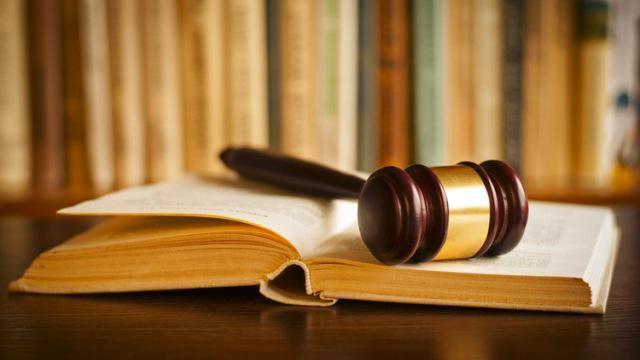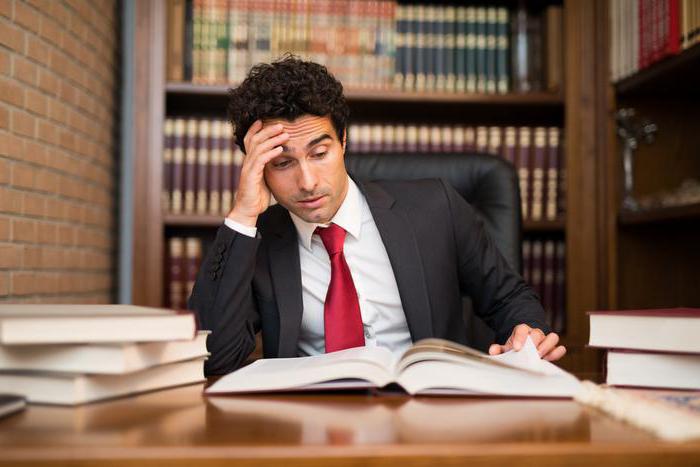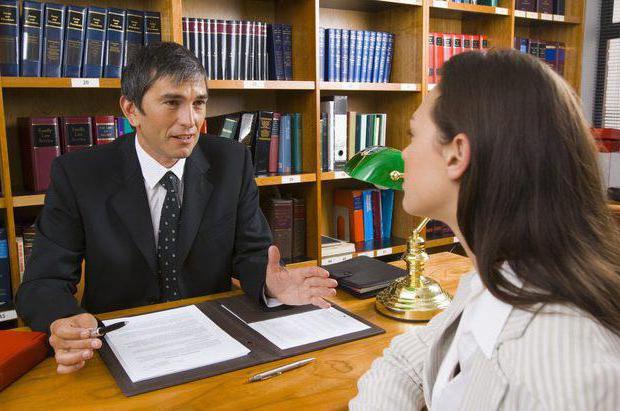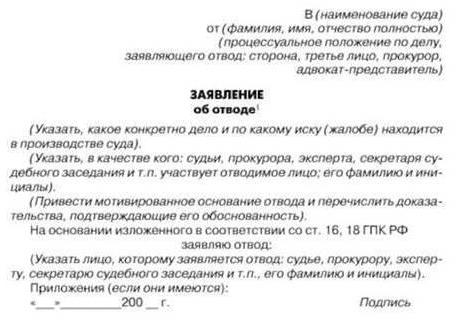The domestic legislation provides an opportunity to declare challenge to the lawyer. In criminal proceedings This right is vested in all participants in production. In addition, the investigator may challenge the investigator at the stage of the investigation. In this case, he makes a decision. We consider the order and grounds for challenging a lawyer in criminal proceedings. 
General information
The Code of Criminal Procedure provides an exhaustive list of cases where it can be claimed challenge to the accused in a criminal trial, prosecutor or other party to the proceedings.
The challenge institution is based on the presence of a defense counsel as a result of the proceedings. She, regardless of her nature, makes a lawyer biased.
Not to say that in court practice challenge lawyer in criminal proceedings - a common occurrence. Nevertheless, such cases are not isolated, therefore, the authorities have formed common approaches to the use of the institution of challenge.
Reasons for the exclusion of the defender from production
They are provided for in article 72 of the Code of Criminal Procedure.
In a criminal proceeding, recusal of a lawyer It is mandatory if the defense counsel is with the investigator, judge, prosecutor, involved in the case, in kinship. In this case, the interest of the person is obvious. The defender will take a position favorable to the relative. This, in turn, can harm the interests of the client.
If earlier the defender acted on the side of the prosecution in this case, i.e., acted as a prosecutor or investigator, then he is subject to challenge Criminal Lawyer must act in the interests of the client. This is not possible if he previously supported the prosecution of the suspect. 
If the defender previously provided (or currently provides) legal services to a citizen whose interests are not consistent with the position of the accused, then he is also subject to challenge
Criminal Lawyer the right to protect several persons. This is allowed if the interests of the clients do not contradict each other. Otherwise, the defender must be suspended from production.
Appeal to challenge a lawyer
In the criminal process all actions of the parties should be documented. The removal of a defender from production is no exception.
Statement of challenge lawyer in criminal proceedings, sample which is presented in the article, drawn up according to the rules established by the CPC for such documents.
The name of the body to which it is addressed, or the position of the person authorized to consider such applications (investigator, prosecutor) must be indicated.
The application must contain information about the applicant. It may be the lawyer himself.
The text of the application indicates the grounds for the challenge with reference to the norms of the Code of Criminal Procedure. The document is signed by the applicant in person. 
Conflict of interest of counsel and principals
The issue of the consequences of the conflict of interests of the persons represented by the lawyer is currently debatable. Is a lawyer subject to challenge at all or is exempt from providing services to any one principal and to which one? There is no consensus on this. There is no general approach to solving this issue in the legislation.
Some experts believe that a lawyer should be removed from the protection of only one of the principals.For example, in the practice of applying part 6 of Article 49 of the Code of Criminal Procedure, lawyers are guided by the indication that in the event of inconsistencies during the proceedings, the defense lawyer is obliged to notify the court or employee conducting the investigation, as well as directly accused of this fact. Along with this, he should ask to release him from the protection of any of the principals.
Other experts believe that this approach violates the principle of equality of production participants. In justifying article 72, they indicate that counsel should be excluded from the case as a whole. It is worth saying that such a requirement is present in the EU Code of Conduct for Lawyers. According to the normative act, the lawyer is obliged to terminate actions in the interests of both clients, if the positions of the latter contradict each other. 
The Moscow Bar Chamber also agreed with this approach. This community has clarified that the lawyer is obliged to generally withdraw from the case in the event of a conflict of interests of the defendants. And to make a choice in favor of any of them will be considered unethical.
Solving a problem on the basis of procedural law
According to clause 3 1 of part 72 of the article, recusal of a lawyer is mandatory if he provides or has previously provided legal assistance to a person whose position is not consistent with the interests of the defendant. Removing him from the protection of one of the principals in this case will not solve the conflict of interest problem. The fact is that in this case, too, the basis established by paragraph 3 of paragraph 1 of Article 72 will take place.
The value of the challenge requirement in a conflict of interest of clients
Prescribing legislation on the need to remove a lawyer from a case makes special sense. The fact is that during the challenge, the subject, to whom the lawyer provided assistance, is protected from the risk of disclosing secrets, the occurrence of ethically questionable incidents, when he will be forced to speak out against a defender, whom he trusted in the past. 
At the same time, the requirement of paragraph 3 of Part 1 of Article 72 provides for the protection of principals from situations when a citizen associated with previous relationships and obligations will provide assistance to them.
It should also be remembered about the lawyer himself, who will be significantly burdened by the need to speak out against the former principal and the likelihood of accusing him of revealing lawyer secrets.
It must be said that if a lawyer keeps his information secret, then there is no guarantee that knowledge of certain information will not affect the choice of defense tactics.
Situation in practice
As analysis of many cases shows, investigators make decisions to challenge a defender only in relation to one of the principals. Such actions are often appealed by the lawyers themselves, who do not agree with the grounds for suspension.
The courts, in turn, while recognizing the wrongfulness of such decisions, do not give them a negative assessment. All this significantly complicates legal proceedings and interferes with the normal performance by a lawyer of his duties. 
It seems that in such cases, the lawyer himself must take active steps. In particular, it is a matter of the fact that in his application he must clearly and clearly indicate that removal must occur from the whole case as a whole.
Of course, it is far from always possible to prevent such a situation. Often, a conflict of interest becomes known only to the court. The rejection of the application for challenge, the subsequent appeal of this decision negatively affects the course of the process.